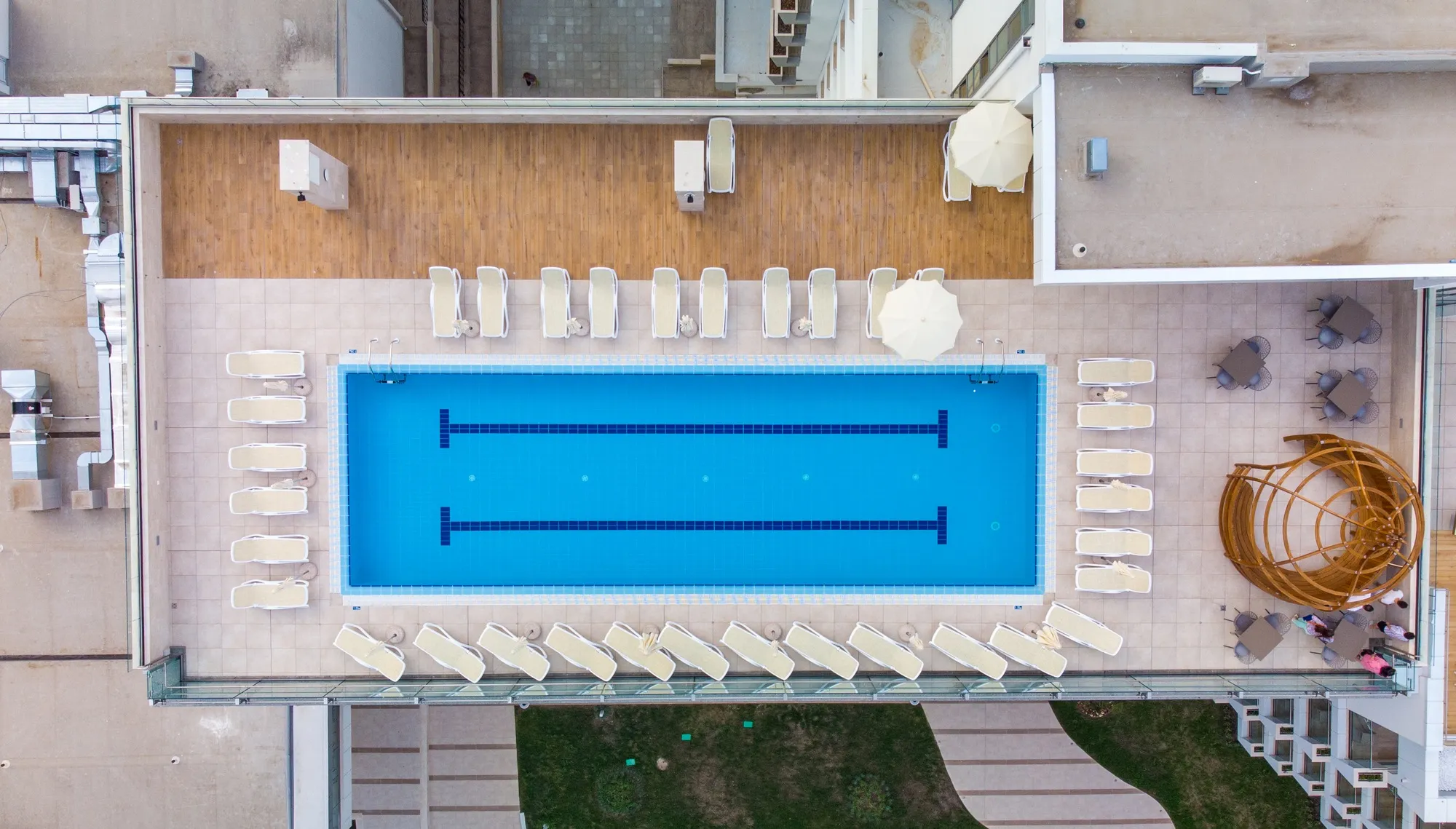Pool and common area upgrades can significantly enhance property value and community appeal for homeowners associations (HOAs) in Houston. However, navigating local laws for such upgrades without proper guidance can be a challenge. Ensuring compliance with Houston’s regulations is essential to avoid project delays or potential fines. This guide will help HOA board members and homeowners understand the necessary steps for upgrading shared spaces.
Understanding Houston’s HOA Regulations
Zoning and Permitting
Despite Houston’s unique lack of traditional zoning laws, there are still regulations to follow. HOAs must ensure that any upgrades to pools or common areas comply with city ordinances, deed restrictions, and local building codes. For example, building permits are required for structural changes, pool installations, or significant renovations.
Additionally, compliance with the Americans with Disabilities Act (ADA) may apply to accessibility standards for common areas like pools and clubhouses. Start by consulting Houston’s Planning and Development Department or a legal expert familiar with HOA laws to verify which permits and regulations apply to your specific project.
Texas HOA Law Updates
Texas periodically updates laws affecting HOAs. For example, Senate Bill 1588, which passed in 2021, introduced new transparency requirements for HOA operations, including clear communication guidelines to inform homeowners about upcoming projects. Keeping your community in the loop can improve collaboration and reduce resistance to necessary upgrades.
Compliance Tips for Pool Upgrades
Upgrading or renovating a community pool is a common project for HOAs. That being said, pools are also subject to some of the strictest regulations.
1. Health and Safety Codes
Texas law mandates compliance with health and safety standards for public pools, which includes private communities. Regulations include proper fencing, signage, and adherence to water quality standards.
2. Drainage and Water Systems
Work with licensed contractors to ensure pool drainage and filtration systems meet Houston’s environmental guidelines. Improper drainage can lead to citations or expensive repairs down the road.
3. Energy Efficiency Incentives
Consider energy-efficient upgrades, like solar heating or LED lighting. This will not only reduce long-term costs, but also potentially qualify for local incentives.
Best Practices for Common Area Renovations
While pool upgrades often take center stage, common area renovations also require careful planning and compliance with Houston’s laws. Here are key considerations:
Fire Safety and Building Codes
Whether renovating a clubhouse or adding outdoor features like gazebos, be sure to prioritize fire safety regulations. Proper installation of smoke detectors, sprinkler systems, and accessible emergency exits in all shared spaces is required.
Landscaping and Drainage
Houston’s heavy rainfall makes proper drainage essential for any landscaping or outdoor upgrades. Poor planning can lead to erosion, flooding, and even damage to neighboring properties. Consult with professional landscapers who understand how to work with Houston’s unique climate and soil conditions.
Noise Ordinances
For projects like outdoor event spaces or playgrounds, be mindful of Houston’s noise ordinances. Set clear community guidelines for usage to minimize disruptions to nearby residents.
Partnering with Professionals
Navigating local Houston laws for HOA pool and common area upgrades can be daunting, but you don’t have to do it alone. Partnering with licensed contractors, legal advisors, and experienced property management professionals can save time and help reduce risks.
At RISE Property Management, we specialize in assisting HOAs with property upgrades, from planning and compliance to execution and completion. Our team helps ensure that every project meets local regulations and enhances the overall value of your community.
Engaging Your Community
Effective communication increases homeowner support for upgrades. Consider these strategies:
- Community Meetings to regularly update residents on project progress and gather feedback.
- Surveys to request input on desired upgrades and prioritize projects that benefit the most residents.
- Transparent Budgets can provide clear financial outlines to build trust and reduce potential disputes.
Conclusion
Navigating local Houston laws for HOA pool and common area upgrades doesn’t have to be overwhelming. By staying informed, prioritizing compliance, and working with experienced professionals, your HOA can successfully complete projects that enhance community appeal and value. Begin your upgrade journey today by partnering with RISE Property Management to ensure every step is handled with expertise and care.
Ready to make your HOA upgrades hassle-free? Contact RISE Property Management to guide your community through successful projects!







